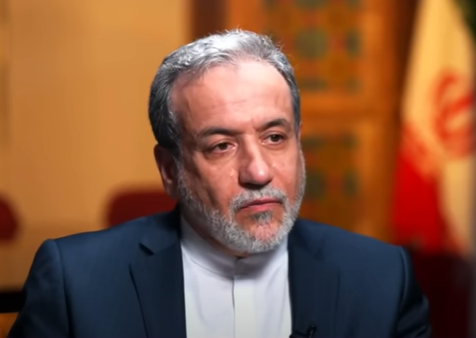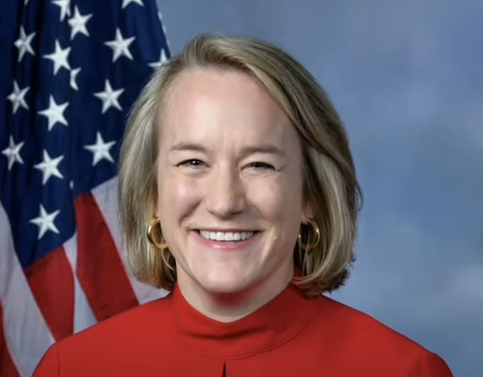One Law for Israel and Another for the Rest of the World - Israel's Ambassador Slams Global Double Standard
- Natalie Frank
- Oct 6, 2025
- 3 min read
In a raw interview, Israel's envoy to Australia accuses world of hypocrisy, reveals his people's grief, warns that antisemitism, not conflict, underlies criticism
Natalie C. Frank, Ph.D October 6, 2025

SYDNEY — Two years after the October 7, 2023 Hamas attacks, Israel still carries the weight of loss. In a rare, personal interview, Israel’s ambassador to Australia, Amir Maimon, spoke plainly about the “national grief and trauma” that haunts his country. He described lives cut short, friendships broken and a community under siege, not just from rockets, but from rising global hostility.
The attacks killed about 1,200 people and more than 250 were taken hostage. In response, Israel launched a military campaign that resulted in tens of thousands of deaths in Gaza. Ambassador Maimon says many observers have missed the core of the story. “We are still in a state of trauma,” he said. “It’s still very sad and difficult for me to talk about. I lost, like many other Israelis, family members, friends, students and children of some of my friends.” Sources: original interview.
War Doesn’t Define Us, But Loss Does
Maimon’s point goes beyond defending Israel’s military actions. It's about identity and perception. “We are not war-lovers,” he .said. He says Israelis want security and peace in their homeland. But he warned of a double standard: “What do you think would have been the international community reaction if it hadn’t been Israel?” he asked, arguing Israel faces harsher moral judgments than others in conflict.
He pointed to arson attacks on synagogues in Melbourne and Sydney and special security measures for Jewish worshippers and students on campus. “There is only one community that, in order to enter their worship place, need to go through security,” he said. “Australian students of Jewish faith are the only group of students… when they are in the campuses, they have a special building where they can live in a more secure atmosphere. This is insane.”
Politics, Recognition, and Resentment
Another flashpoint in Maimon’s critique is Australia’s recognition of a Palestinian state. He argues the move hasn’t reduced antisemitism worldwide. Without concrete changes, Hamas ending hostilities, a secure peace, and protections for Israelis, he sees recognition as largely symbolic. He says it lets critics of Israel overlook the real causes of violence and loss.
“There is a double standard. The root cause is not the conflict. The root cause is antisemitism,” Maimon said. He believes many in the international community single out Israel not for its actions but for what it is. He rejects the idea that Gaza refugees resettling in Australia threaten social cohesion. What matters, he insists, is whether newcomers embrace the values of those who choose Australia as home.
Global Echoes of Local Pain
When asked whether Australian public opinion among Jewish and non-Jewish communities, has shifted, Maimon says it has. Since Australia recognized Palestine, he feels the bilateral relationship isn’t what it was before 2022, before Labor took power. That perceived drift, he says, has left many Jewish Australians feeling exposed and unsure.
At the same time, he points to a rise in street-level antisemitism: threats to synagogues, the need for security at worship, Jewish students in secure housing. To Maimon and others, this isn’t paranoia. It’s real danger and real pain. Australia’s leaders, he says, must do more than speak in global forums—they have a duty to protect vulnerable communities at home.
Beyond Blame: Looking Toward Healing
Despite his anger and sorrow, Maimon offered a small spark of hope. He talks about a future not only for Israeli children but for Palestinian children too. “I have a three-year-old grandchild. When I’m praying and wishing for him, I am also wishing for Palestinian children that they will not have to experience the same thing,” he said.
His view, shaped by loss, is about co-existence rather than victory. He argues peace can happen when both sides stop being reduced to symbols, terror, trauma, or victimhood. When the world stops asking only who is to blame and starts asking what is needed.
Why This Episode Matters
This interview matters for more than diplomatic back-and-forth. It reminds us of the human cost behind media soundbites. When grief is dismissed as politics, when symbols drown out stories, when whole communities are judged by actions that don’t match their everyday lives, that’s when prejudice deepens and peace slips farther away.
The double standards Maimon points to aren’t theoretical. They create shame, fear, and silence, not just in Israel but here in Australia and across the globe. They push apart people who might otherwise stand together in grief, anger, and a shared demand for justice and dignity.






